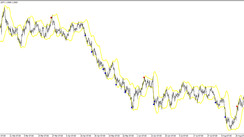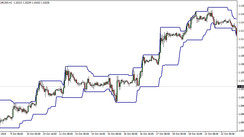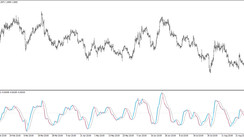A Central Bank is an institution with the potential to impact not only the domestic economy but, in the case of larger central banks, the world’s economy as well. This entity is in charge of the distribution of credit for a single country or a group of countries. Different governments can appeal to Central Banks to obtain bonds and loans to stimulate and improve their economy.
The Central Banks also decide the regulations that are imposed on other banks in their respective countries.
What does a central bank do?
Central Banks have many crucial duties. They are in charge of setting interest rates for bonds and loans. These decisions are taken depending on the nation’s needs. High-interest rates help to avoid inflation and slow the nation’s growth. When the Central Banks lower the interest rates, the economy grows with industrial activity and promotes consumerism.
In case of emergencies, the Central Bank can lend funds to governments and institutions to help them overcome the crisis. They help to keep balance in the economy, staying as a neutral institute that looks for the benefits of all.
Interest rates: the power of central banks over Forex
The interest rates are the percentual numbers that an entity like Central Banks or private lenders charge to a borrower for loans, the use of assets, mortgages, etc. These interest rates can vary depending on the duration of the loan and how risky is the borrower.
One of the jobs of Central Banks is to determine the interest rate of different currencies between countries, which is very important for Forex investors.
Interest rates and Forex
If you are interested in investing in foreign exchange, you must be very wary of the interest rates set by the Central Banks. This information will allow you to know whether it is a great moment to invest in a specific currency or if you should move your capital elsewhere.
When the interest rates of a country increase, it may mean that it has a stable currency and invest in it may, therefore, be a good idea. Low-interest rates, on the other hand, mean that the currency will likely decline relative to other currencies whose interest rates are stable.
Other reasons central banks affect Forex
Besides the interest rates, Central Banks are in charge of other economic factors that affect the prices and movements of Forex exchange rates directly.
- Inflation: The Central Banks are always wary of the country’s growth. Depending on the situation, they can choose to lower the interest rates when inflation is low or below target. On the other hand, they can increase the interest rates to create a balanced level of inflation, which can help to keep the economy on the right track. This continuous decision lies in the hands of Central Banks.
- Cash liquidity: The Central Banks control the cash liquidity of the country. They evaluate what the country needs, raising the flow of the available cash or reducing it. The level of cash liquidity affects the value of the currency directly. If a currency is easier to transform into cash, its value lowers, and foreign investors will be interested in buying more. If the flow of cash is low, the value of the currency would rise.
- Money supply: Central Banks are closely involved with the levels of supply and demand of the different currencies. Whenever the central banks reduce the supply of a currency, it becomes more valuable than other currencies. When the supply increases, the value of the currency lowers, and foreigners will be more interested in investing in that country because it becomes cheaper.





